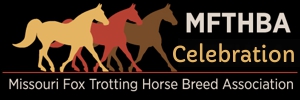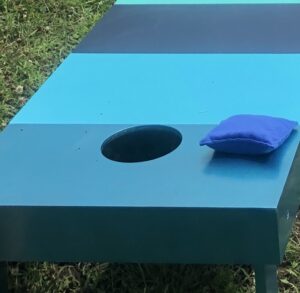At the March 2020 meeting, the MFTHBA Board of Directors approved a proposal submitted by Secretary/Treasurer Melvin Snethern to increase the entry fee costs at MFTHBA sponsored shows. “The MFTHBA has not adjusted its fee structure is ten years,” shared Melvin. Entry fees for classes with a championship class were increased by $10. All other classes were increased by $5.
Five dollars of the increase was used to support the expenses associated with the show. The additional five dollars for preliminary and championship classes was set aside for payback. Payback money stayed in the specific class meaning that classes with more entries resulted in a larger payback.
“Five dollars from each entry in the preliminary class was added to five dollars from each entry from the championship class,” added Melvin. “We then used a percentage calculation based on the number of entries to determine the payback amount.”
For model and performance World Grand Champion classes the following breakdown was utilized.
| Number in Championship class | First Place | Second Place | Third Place | Fourth |
| 1-5 | 100% | |||
| 6-9 | 60% | 40% | ||
| 10-14 | 50% | 30% | 20% | |
| 15 or more | 45% | 30% | 15% | 10% |
In versatility and ranch horse classes, $5 from each entry in each class was put toward payback for the World Grand Champion winners. Money was maintained in the appropriate division (i.e. money generated from open classes was paid back in the open division). Three places were paid back in versatility and ranch horse.
Checks were recently mailed to horse owners. “While some checks were small, it is a start to looking at providing payback at our World Show,” shared Melvin. Payback in individual classes ranged from $5 to $225. A total of $3,710 was paid back to horse owners.

